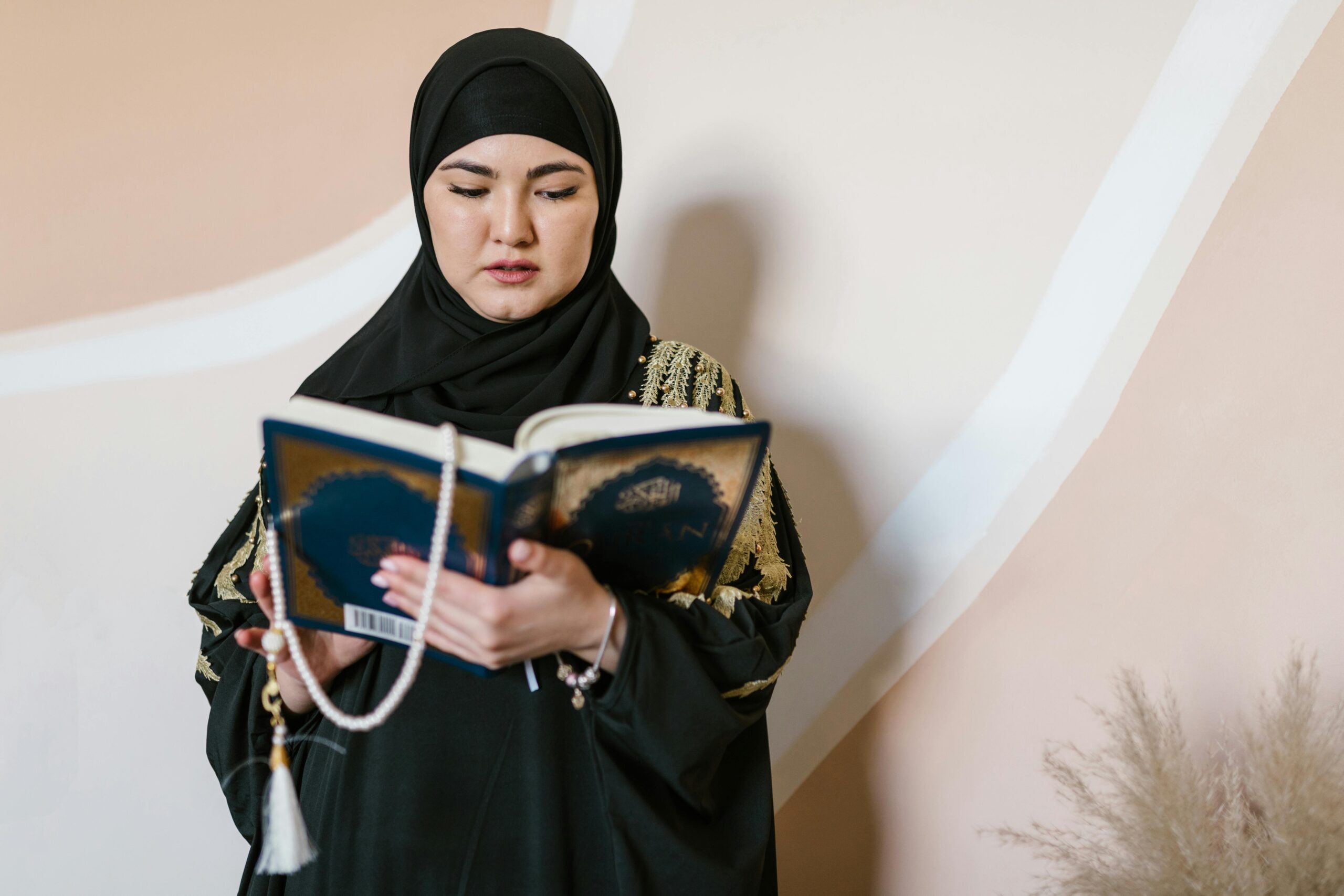Islam grants women numerous rights, focusing on their equality, dignity, and protection.It also demands equal treatment and respect within the family setup. Women are also given the right to work and earn, with complete authority over their earnings. These rights, which were established more than 1,400 years ago, prove that Islam was indeed a progressive approach towards women’s empowerment and justice.
Educational Rights
Islam has taken much interest in education for men and women. The Prophet Muhammad (PBUH) declared,
“Acquiring knowledge is an obligation on every Muslim.” (Ibn Majah)
Early Muslim history showed female scholars and educators like Aisha (RA).
Islam considers education to be a necessity of both men and women. Muhammad (PBUH) remarked:
A woman in the pre-Islamic past, Aisha (RA) was a great scholar and scholar. This, therefore, presents the fact about the importance which Islam has afforded to female learning.
Economic Rights
Economic rights have been granted to women long before the world did so. Rights of women under Islam include the following:
1.Right to own property and inherit.
2.Engage in business and employment.
3.Accept a dowry (mahr) as a personal gift in marriage.
4.Spend and manage their wealth without interference.
Legal Rights
Women in Islam have legal rights that protect their interests, including:
1.The right to enter into contracts.
2.The right to seek justice through courts.
3.The right to seek divorce under specific circumstances.
4.The right to inheritance as prescribed in Islamic law, ensuring fairness.
Marital Rights
The rights of women in marriage are protected through Islam while emphasizing mutual consent, respect, and kindness. Women have the right to:
Choose their spouse.
1.Receive a marriage contract that spells out their rights and obligations.
2.Be treated fairly and lovingly.
3.To seek divorce when the marriage becomes harmful or unjust.
Social and Political Rights
Islam does not bar women from participating actively in social and political life. Women were advisors, business leaders, and warriors during the initial period of Islamic history. They are also asked to contribute as much as they can to their communities and also can give an opinion.
Prevention of Abuse
Abuse against women in the form of physical and other acts is condemned according to Islam. The Prophet Muhammad (PBUH) says,
“The best of you are those who are best to their wives.” Tirmidhi
Islam requires fair treatment, safety, and dignity for women in all aspects of life.
Women’s Rights in Modern Context
Modern Muslim women continue to draw inspiration from the learning of Quran online to present their rights. Organization and movements spearheaded by Muslim women are seen in education, entrepreneurship, and social justice sectors, highlighting the applicability of Islamic principles in the modern world.
Misinterpretations and Cultural Influences
While Islam advocates equality and justice, cultural practices in some societies have overshadowed its teachings. Misinterpretations of religious texts have led to restrictions on women’s rights. To correct this situation, a return to authentic Islamic teachings and awareness is needed.
Correcting Misconceptions
Cultural practice misconceptions are very common rather than Islamic teachings. Islam teaches its followers to act fairly, be just, and treat women equitably, but cultural interpretations often distorted these teachings. Education regarding the true Islamic teachings is thus important in solving these misconceptions.
Conclusion
It supports women in their rights, especially their rights in the spiritual, educational, economic, legal, and social spheres. Islamic law ensures dignity, safety, and empowerment of women within a framework. Knowing this can dispel myths and show Islam’s stand for justice and equality for all. It provides a framework for their dignity, safety, and empowerment. Knowing these rights will make it easy to break the stereotypes built about Islam and its commitment to justice and equality for all.

